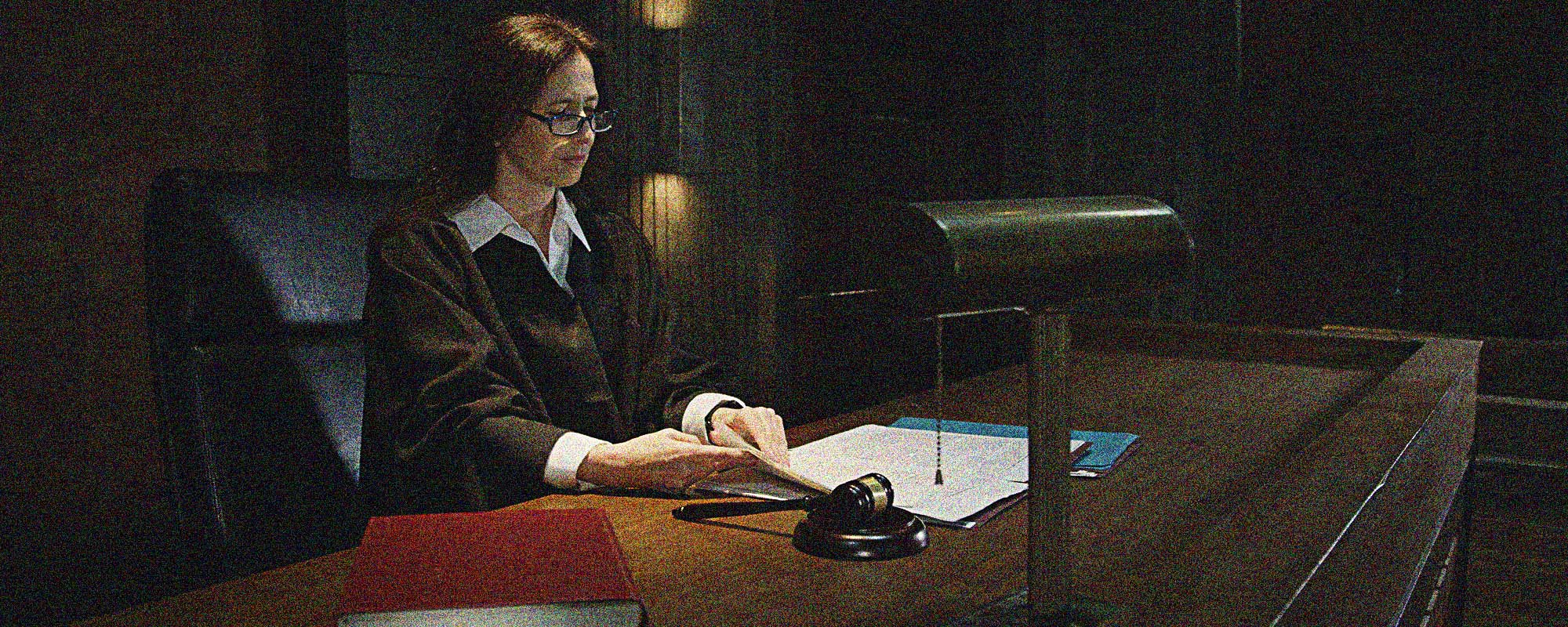TORONTO — Noa Mendelsohn Aviv, Executive Director of the Canadian Civil Liberties Association, reacted to the Supreme Court:
The Canadian Civil Liberties Association is disappointed in the Supreme Court of Canada decision in Ontario (Attorney General) v. Ontario (Information and Privacy Commissioner), 2024 SCC 4. The Court unanimously found sweeping protection for Cabinet secrecy despite consistent lower court decisions in this case and the decision of the Information and Privacy Commissioner supporting a more limited interpretation.
The Freedom of Information and Protection of Privacy Act, (FIPPA) begins with a presumption that government information should be available to the public, subject only to “necessary exemptions” that are “limited and specific”. The purpose of access legislation is to allow media and the public to have the information necessary to hold government to account.
The CCLA has been resolute in protecting and upholding the public’s right to access government information and promote transparency, balanced against strictly necessary exemptions. CCLA intervened in this case to advocate for legal principles that protect the public’s right to know what government is doing and how it is fulfilling its mandate.
CCLA’s submissions to the court argued that exemptions for the disclosure of Cabinet documents should be interpreted narrowly, in accordance with FIPPA’s purpose. This should be done in a way that would exempt from disclosure only documents revealing who said what during the Cabinet deliberative process. This principled submission was based on the Cabinet secrecy convention, which is limited in scope. Instead of adopting this principled approach to interpretation, the Supreme Court took a board and sweeping approach to protecting Cabinet discussions. The CCLA is concerned that this approach will result in many more government records being withheld from the public than was previously the case.
Decades ago, Canada was a leader in freedom of information legislation, but that time has long since passed. Unfortunately, this decision represents the continuation of a trend where courts pay lip service to the important transparency goals of Freedom of Information legislation, while continuing to incrementally expand the scope of exemptions.
CCLA is grateful for the excellent pro bono representation by Iris Fischer and Gregory Sheppard of Blake, Cassels & Graydon LLP in this case.
The CCLA is an independent, non-profit organization with supporters from across the country. Founded in 1964, the CCLA is a national human rights organization committed to defending the rights, dignity, safety, and freedoms of all people in Canada.
About the Canadian Civil Liberties Association
The CCLA is an independent, non-profit organization with supporters from across the country. Founded in 1964, the CCLA is a national human rights organization committed to defending the rights, dignity, safety, and freedoms of all people in Canada.
For the Media
For further comments, please contact us at media@ccla.org.




